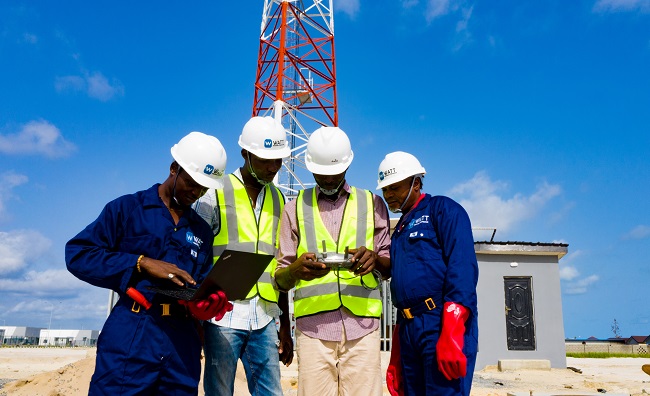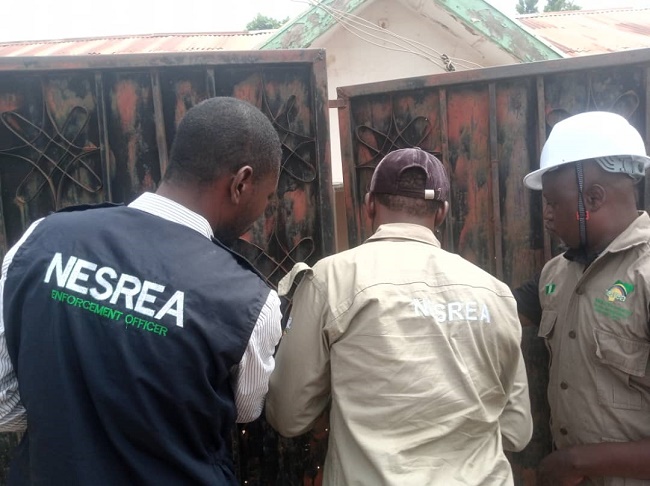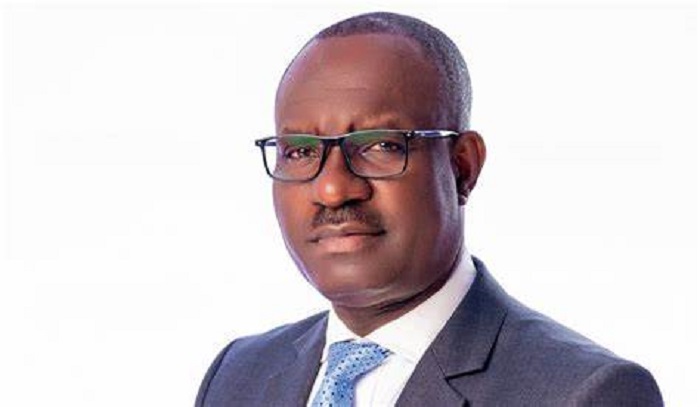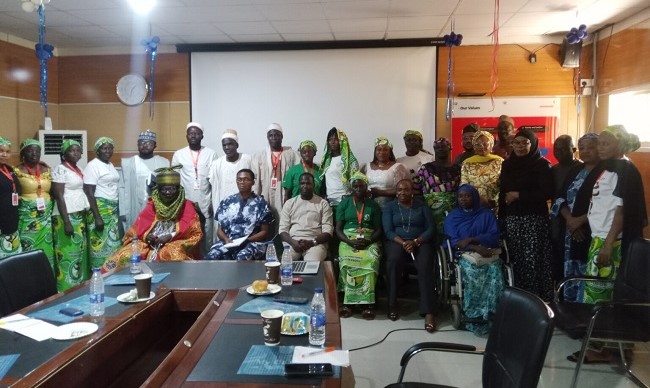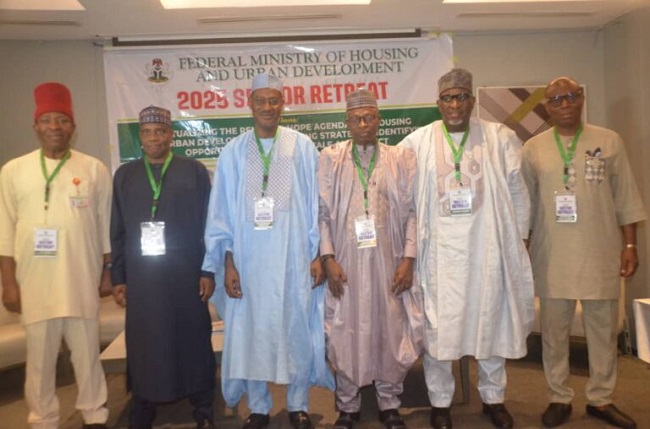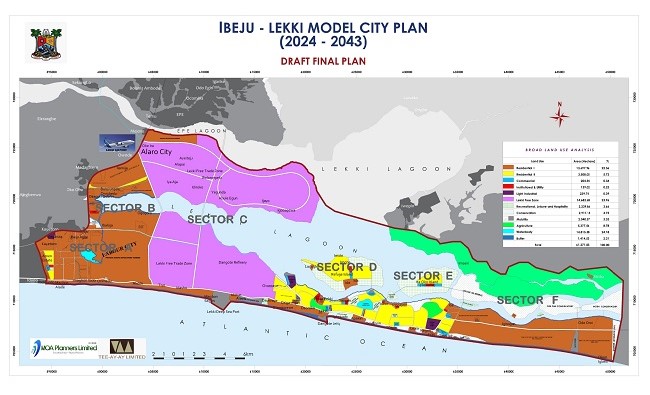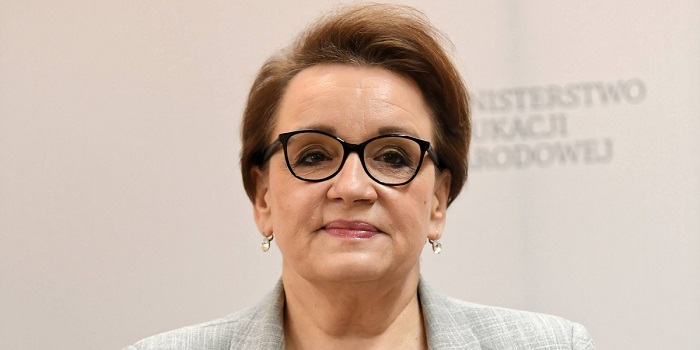The Japanese government on Thursday, February 20, 2025, pledged assistance of $3 million to Nigeria to combat the cholera epidemic in the country.
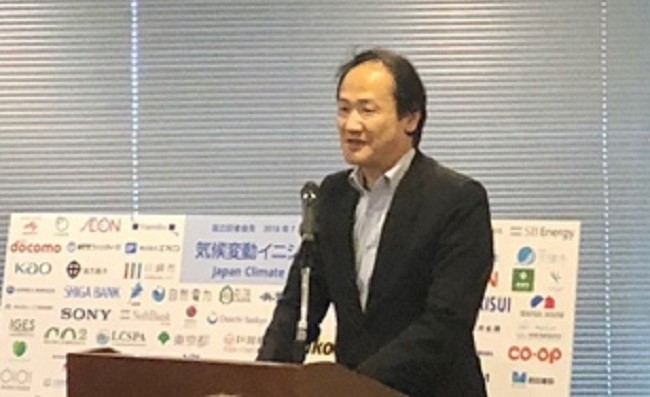
Mr. Suzuki Hideo, Japanese Ambassador-Designate to Nigeria, said this at the Japanese Emperor’s 65th birthday reception held in Abuja.
He revealed that the assistance was funded by a recently approved supplementary budget for the current fiscal year.
Japan has indeed been a steady partner in providing humanitarian and development support to Nigeria, following the visit of Japan’s former foreign minister in April 2024, Japan announced an emergency loan of 108 million dollars to support Nigeria.
He added that there was also a grant of $5.4 million to enhance the country’s agricultural and health capabilities in 2024.
Japan’s government has been working with international organisations to assist Nigeria.
In 2023, Japan’s supplementary budget allocated two million in emergency aid to support peace and stability in Northeast Nigeria, and disaster prevention efforts using Japanese expertise.
The envoy said that since the birth of the Emperor in 1960 which also coincided with when Nigeria gained independence; this marked the beginning of a diplomatic bilateral relation that has continued to deepen over the years.
According to him, at the Lagos international trade fair organised by Japan’s external trade organisation (JETRO) held in November 2024, a record of 40 companies exhibited at the Japan Pavillion, this is a clear indication of the high expectations Japanese companies have for the Nigerian market.
“It is true that Japanese companies in Nigeria are facing various business challenges. I hope that under the strong leadership of the Nigerian government, the business environment will continue to improve.
“I am optimistic about the future of the Nigerian economy. I visited the Dangote refinery which has garnered global attention, and I was impressed by the groundbreaking vision, skill, and cutting-edge technology on display, this experience gave me a profound sense of the huge potential for future development in Nigeria,” he said.
According to the envoy, this year marks a significant milestone in Japan-Nigeria and Japan-Africa relations and in expectation of TICAD 9 which will hold in August 2025 in Yokohama.
Hideo, however, said that he is looking forward to seeing the participation of the Nigerian government from the highest level in TICAD 9 2025.
By Chinenye Offor

